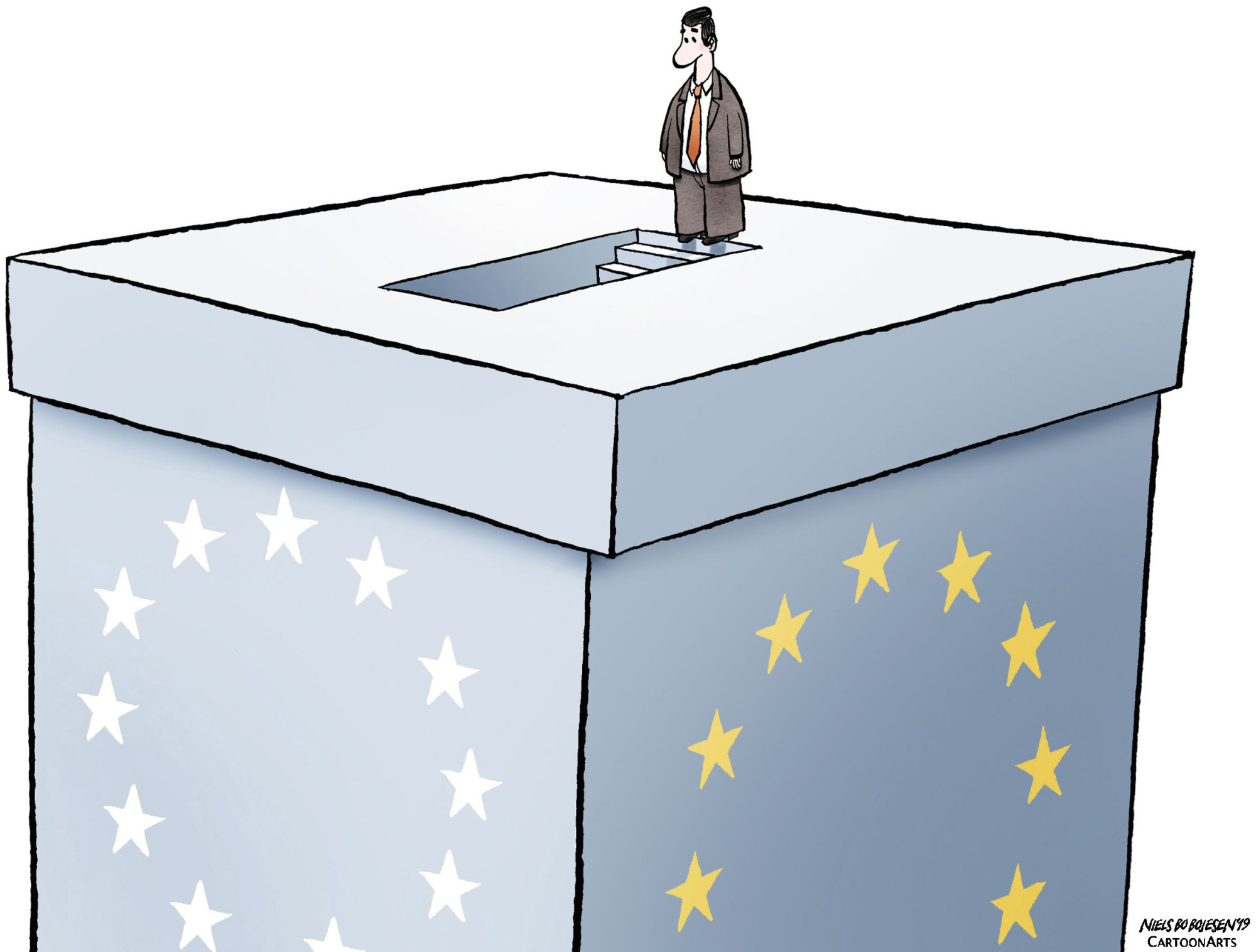Now that it's clear populists, nationalists and assorted euroskeptics will hold little real power in the incoming European Parliament, it's important to analyze their specific gains and losses in last week's election to see where the European project of continued trans-national integration, including monetary union, has problems and where it doesn't.
To avoid having to argue terminology in every specific case, I've made up an inoffensive acronym for the populist, illiberal, nationalist and euroskeptic parties: PINE. Some of these political forces are members of one of three nationalist, populist and euroskeptic groups in the outgoing European Parliament — European Conservatives and Reformers, Europe of Nations and Freedom and Europe of Freedom and Direct Democracy — and others aren't.
But they're all from the same PINE forest because they challenge the EU establishment and its course of further integration at the expense of national sovereignty. The following analysis excludes extreme left forces that may also be against the European project because of their negligible influence and the small chance that they'll make common cause with the stronger far-right flank.



